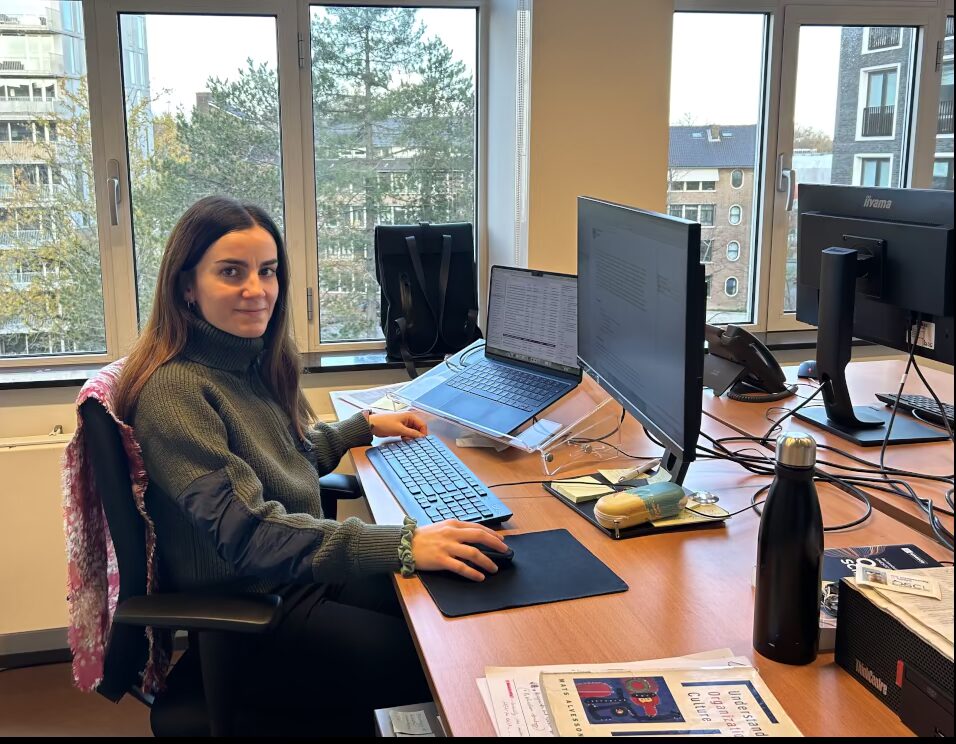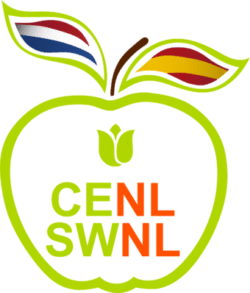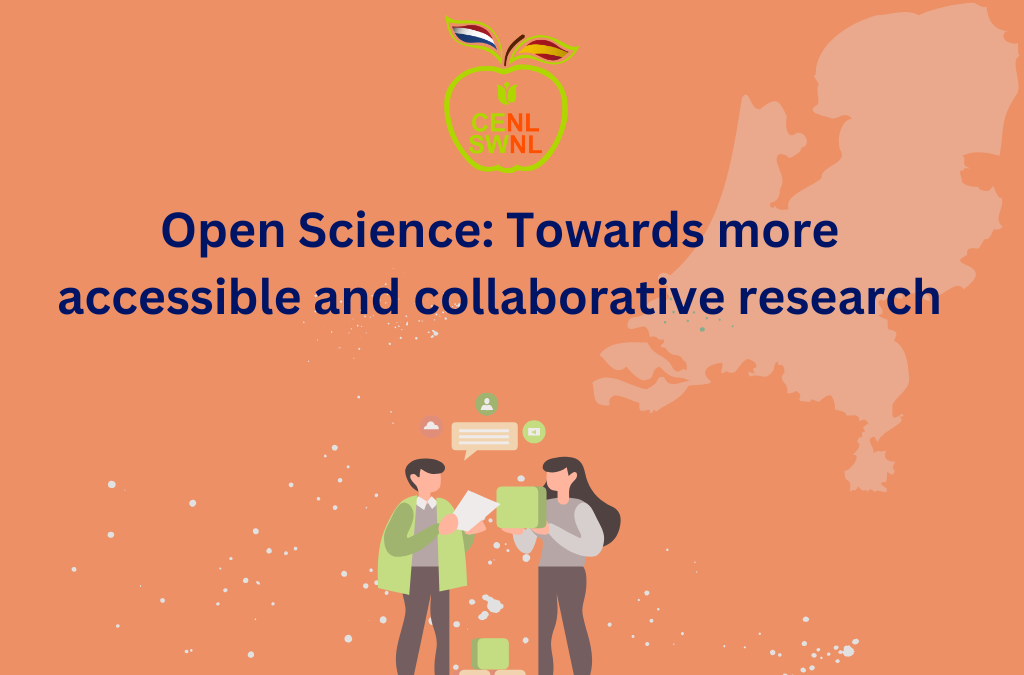Breaking barriers to build an open science
You may have come across an article that is very interesting for your research, but you don’t have access to it. Or maybe you’ve been left with questions about the results of a study but have been unable to resolve them because you can’t access the data or the underlying code. For many years, science seems to have been systematically closed, so situations like these have become normalized. However, shouldn’t science be built on the foundations of prior knowledge, on the shoulders of giants? And in that case, shouldn’t we aspire to be completely transparent and share as much as possible early in the process?
Seeing the need to respond to these challenges, the open science movement seeks to instigate a change in academic and research culture. It is difficult to provide a concise definition of what characterizes open science since each discipline, each institution, and each scientific community has its own identity, with different methodologies and approaches to knowledge that require close attention to context. Nevertheless, I would like to share UNESCO’s definition (2021, p.7), which is the one that serves as the basis for my research:
“open science is defined as an inclusive construct that combines diverse movements and practices to make multilingual scientific knowledge openly available and accessible to all, as well as reusable by all, increase scientific collaborations and information sharing for the benefit of science and society, and open the processes of creation, evaluation, and communication of scientific knowledge to social actors beyond the traditional scientific community.”
De la ignorancia al conocimiento
Open science can take different trajectories, each with its implications for the future of research systems. Hence, the values and principles outlined in the UNESCO recommendation (Figure 1) can be a basic framework for developing open practices. For example, the Netherlands Open Science 2030 program (NPOS 2030) takes these values as the basis for its operationalization. A robust framework built on a set of shared values in the scientific community leaves room and flexibility for practices to adapt to the context.

Fig1. Values and principles of open science (UNESCO, 2021)
Despite the lack of consensus among the different communities, it is clear that we are already seeing the emergence of open science policies of different kinds. For example, in research funding, the Horizon Europe program requires, among others, open publication of results, a data management plan (DMP), and data openness – always under the slogan as open as possible, as closed as necessary. Everything indicates that a more open science could help us to respond more effectively to the present global challenges. However, we need more evidence: we are still at a stage where we need to learn from the experiences of researchers to develop effective policies.
It is precisely to design evidence-based policies that Leiden University established 2023 the Open Science Lab at CWTS, of which I am part as a predoctoral researcher. In my work, I focus on investigating the institutionalization of open science, i.e., I try to understand to what extent and in what ways it is practiced. I am interested in observing what meanings are assigned to open science, such as variations between disciplines or according to the stage of the research career. I also analyze the organizational vision and examine the local adoption (and adaptation) of the policies and recommendations of international organizations and initiatives (e.g., Plan S, CoARA, or UNESCO, as mentioned earlier) .
We need to focus on why, how, and for whom we are opening up science, and that is why I always keep this focus in the background of my work. To illustrate this, we can look at the different routes open-access publishing has taken, with most scientific journals charging high article processing charges (APCs). While large scientific publishers increase their APCs and make large profits, new economic barriers exist for researchers, especially those in less privileged institutions or regions. Another significant barrier is the need for recognition: as long as incentives do not reward these practices, it will be difficult for them to become the norm. The status report Room for everyone’s talent, prepared by several public bodies in the Netherlands, can help us understand the need to reward researchers for the multiple tasks they perform rather than focusing on scientific output based on publication metrics.
The road ahead of us in the open science movement is still long, and at times, it may seem arduous, but the truth is that there are many resources. In the Netherlands, to help us with research data management, we have specialized professionals in our universities, such as data stewards. In general, all university libraries have experts in open publishing to guide and advise us. On the other hand, each university city has its Open Science Community, which is part of a national network (OSC-NL). In addition to organizing informative events focused on local needs, they are an ideal platform for exchanging experiences and learning from each other. I contribute to the management of the Leiden community.
In Spain, if open science already appeared as the desired model in the State Plan for Scientific, Technical, and Innovation Research (PECTI) 2021-2023, it materialized more concretely in the first National Open Science Strategy (ENCA) 2023-2027. In turn, the objectives of the ENCA have been incorporated into the PECTI 2024-2027, with open science as a framework condition for all programs.
To learn more...
If you have come this far, and you are interested in finding out more about the subject, I recommend you:
– OECD (2015), “Making Open Science a Reality”, OECD Science, Technology and Industry Policy Papers, No. 25, OECD Publishing, Paris. http://dx.doi.org/10.1787/5jrs2f963zs1-en
– UNESCO. (2021). UNESCO Recommendation on Open Science. https://www.unesco.org/en/open-science/about
– VSNU, NFU, KNAW, NWO and ZonMw. (2019). Position paper—Room for everyone’s talent. Recognition & Rewards. https://recognitionrewards.nl/about/position-paper
Can you help us to be more? Become a member and participate. Spread the word on the networks. Contact us and tell us about you and your project!

Ana Parrón Cabañero
PhD student CWTS (Center for Science and Technology Studies), Leiden University
After a bachelor’s degree in translation and interpretation and a master’s in teaching Spanish as a foreign language (ELE), I worked 6 years as an ELE teacher in several countries. My last teaching experience at the University of International Business and Economics in Beijing inspired me to learn more about the functioning of higher education institutions and research systems.
This interest led me to pursue an Erasmus Mundus Master in Research and Innovation in Higher Education (MARIHE) in 2021-2023, where I became familiar with topics such as science funding systems, transformations of research and innovation systems in recent decades, or the management and use of data in decision-making processes in university administration. In October 2023, I started my PhD in Leiden, where I researched the processes of transition and institutionalization of open science at my university, as well as the dynamics and interplay between policy and practice.
In addition, since February 2024, I have shared responsibilities with two colleagues as community manager of the Open Science Community Leiden, where I organize activities to foster open science at the university and promote the exchange of experiences and connections between members.


